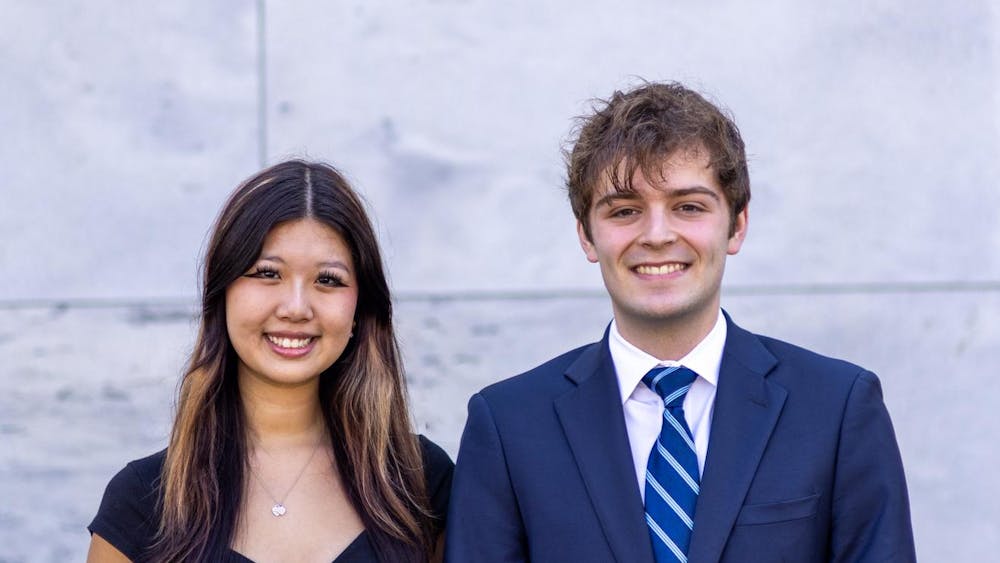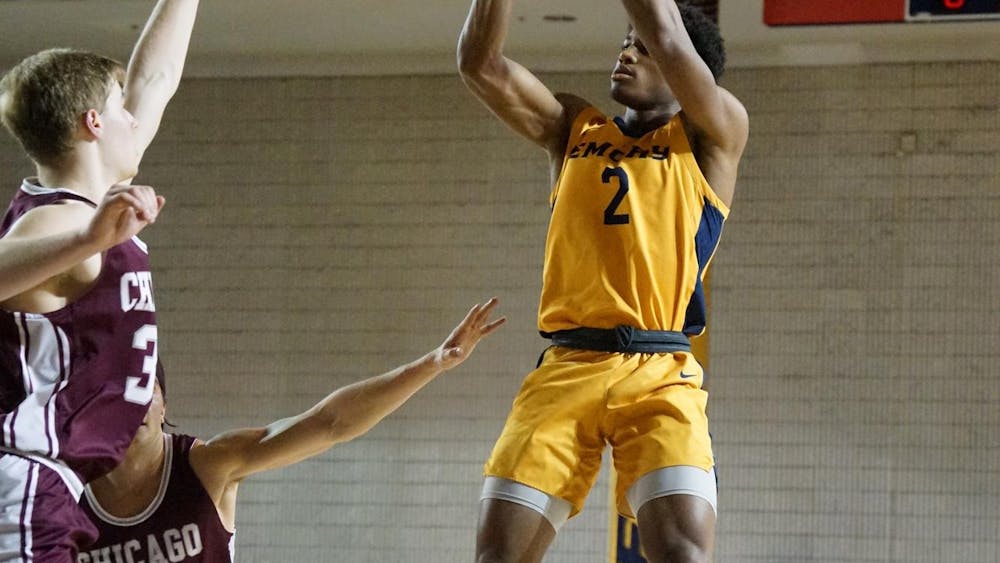
Law enforcement’s actions on April 25 against Emory University students, faculty, staff and non-Emory individuals on the Quadrangle have left our community rightfully and understandably outraged. Emory, a university where students often struggle balancing mental health, personal wellness and endless academic and extracurricular involvements, makes students particularly prone to serious impacts from stressful events on campus. In the wake of these troubling events, rising tensions have threatened to drown out reason, productive discourse and civility — damaging students’ mental health even further.
One proposed solution to remedy the trauma caused by these events has been to suspend final exams and assignments. I argue firmly against a unilateral cancellation of academic responsibilities. Students advocating for the cancellation of assignments or exams should instead turn to advocating for changes with tangible benefits and legitimate justifications. I urge the student body to lean into the advantages allotted to them through their position as attendees of a prestigious university. We should not only finish our classes, but also utilize our education to spur productive campus conversations aimed toward reconciliation rather than division.
Students’ anger — at administration, at police brutality and at international injustices — is warranted and necessary for change. However, engaging in hurtful, combative rhetoric on campus and online neither promotes vital perspectives nor helps struggling students. Further, entirely suspending all students’ academic responsibilities in light of current events discredits both the immense effort students put in throughout the semester and and the wide range of experiences, emotions and needs currently coursing through our student body.
As an Oxford College student, my physical distance from the Atlanta campus has kept me largely separate from the direct impacts of the events of April 25. However, my experience does not apply to the Oxford student body as a whole; many Oxford students and faculty were present at the encampment and subsequent protests. While students on the Atlanta campus were granted a universal two-day extension for all assignments due on April 28, Oxford students were not; I was entirely unaware of this extension’s existence prior to writing this piece.
It was incorrect to exclude Oxford students from accommodations entirely when many students here were directly present or affected. However, due to my distance from these events, I do not feel that I need an extension, or that Emory owes me one. I do not believe I am the only Oxford or Atlanta student occupying a position of distance, either. It is both unfair and inaccurate to qualify a student with no tie to recent events other than their enrollment at Emory as needing the same amount of emotional or academic support as a student who was assaulted by a member of the police force, or one with loved ones living in Israel or Gaza. I do not deny that there are members of our student body who are undoubtedly deserving of academic accommodation at this time. Even so, I have seen firsthand a number of students who simply wish to see their workload reduced and view current events as a means to this end. Others still are relying on final assessments for a necessary boost to their semester grade, and would be negatively impacted by a firm cancellation.
The wide range of student experiences and reactions to recent events cannot be easily categorized by a student’s presence in Oxford or Atlanta, grade level, coursework, religious identity or political affiliation. Universal and unilateral solutions will both fail us right now. Losing sight of the variability of individual experiences, as well as the value of individual perspectives, harms our ability to make positive change and heal as a community. Instead, seek out individual, meaningful conversations — with close friends on campus, professors you admire, Student Government Association members, student leaders and activists — for support, both emotional and academic.
At Emory, our student body and faculty have disappointingly little tangible power when it comes to influencing the decisions of the administration and the Board of Trustees. We have direct control neither over the election of our president nor over his removal. Our most necessary allies are each other. Your fellow students are not your enemy. Listen to each other’s voices and amplify our collective anger. Utilize the education you work so hard for. We are in a position wherein we have access to so many tools with which we can incite the changes we want to see not just at Emory but in the world. Employ your physical closeness to Atlanta — a major hub for business and activism alike — and our widespread alumni network to propel your words beyond our campus. Your most powerful tool is the politics of shame, but it loses its effect when weaponized against your peers rather than those truly to blame. Our voices are loudest in unison. Whether it be on campus, in Atlanta or online, harness your education — which evidently weighs communication heavily — to advocate for the solutions you wish to see without harming or marginalizing members of your own community.
We are surrounded by an intelligent, passionate student body and faculty, and for a short while longer, we are all physically close, anchored by our shared campus this semester. Take advantage of opportunities to productively speak your mind, and if you feel no such space exists: create one. Attend or organize vigils, set up spaces for students to display solidarity or offer support or develop shared online forums for productive discussion. Use club meetings, community spaces and open referendums not to hurl accusations or enforce damaging viewpoints but to listen with an open mind to the valuable opinions of those around you.
Nicole Rivkin (25Ox) is from Newton, Mass.








